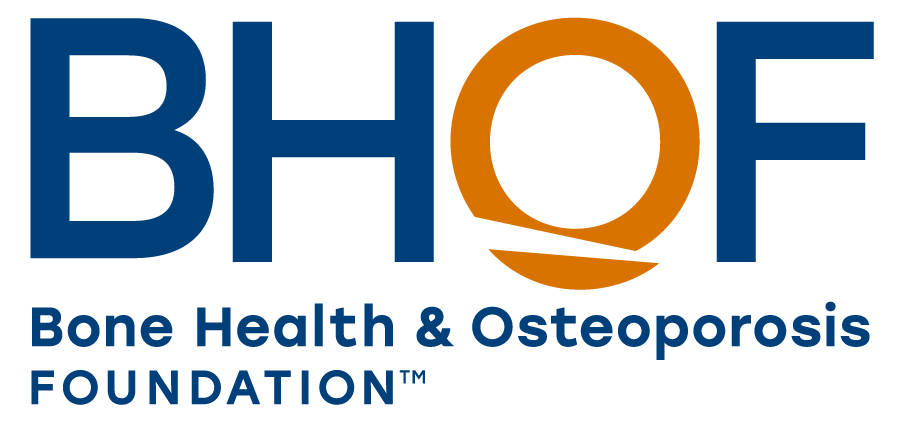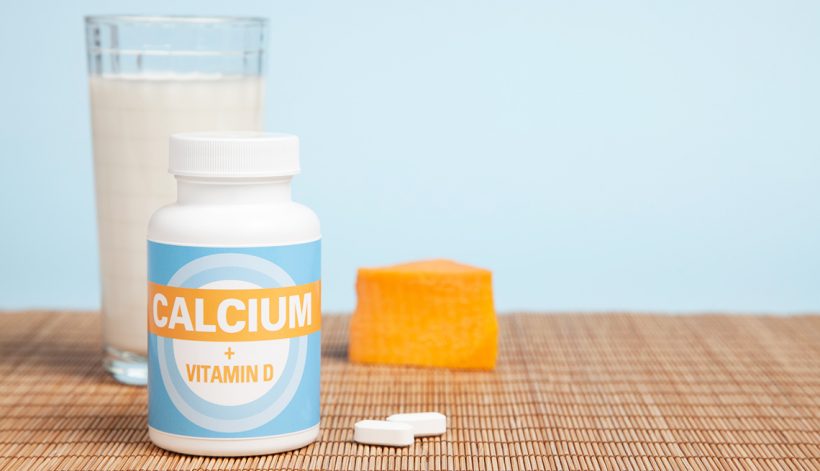A 2016 study of heart disease in 2,700 adults aged 45–85 looked at plaque build-up in the arteries with a CT scan and compared that to their reported calcium intake from food and supplements. The researchers found that people with the highest consumption of calcium had a lower risk of heart disease than people who had the lowest. When they looked at the source of calcium consumed, they found that people who took calcium supplements had a greater risk of plaque buildup in the arteries compared to the people who did not take supplements. Their conclusion is that while the body is able to process calcium in foods, calcium in the form of supplements may pose a heart disease risk.
What we know for sure
The concept “more is better” does not apply to calcium! It is well recognized that there are upper limits for calcium that vary by age . Kids in their bone building years of 9–18 should not exceed 3,000 mg a day and most of the rest of us should not exceed 2,500 mg per day (the tolerale upper limit).
The calcium sweet spot for most people is somewhere in the 1,000–1,200 mg range per day.
People who eat dairy products are probably getting enough calcium in their diets. As an example, three servings of dairy (low fat milk, yogurt, cheese) plus a balance diet of fruits and vegetables provides sufficient calcium for women over age fifty.
However, as many as 50 million Americans are lactose intolerant and cannot eat dairy products. Lactose intolerance is reported in up to 75% of all adult Black Americans and Native Americans and 90% of Asian Americans. In addition, people with other absorption issues, such as Celiac or Crohn’s disease may not be absorbing calcium well either.
Remember, the recent study showed that people who did not get enough calcium were at increased risk of heart disease.
What can you do?
Before taking a daily calcium supplement, look at your diet to determine if you are meeting your daily calcium requirement . If you are getting enough calcium in a typical day—you probably do not need a calcium supplement. If you need a calcium supplement to meet your daily requirement, DO NOT exceed that. For most people who need a calcium supplement, one tablet of 500–600 mg is probably enough. If you do need more that 500–600 mg of calcium from supplements, do not take it all at once since that is too much calcium for the body to process all at once.
Anderson, et al. “Calcium Intake From Diet and Supplements and the Risk of Coronary Artery Calcification and its Progression Among Older Adults: 10‐Year Follow‐up of the Multi‐Ethnic Study of Atherosclerosis (MESA),” Journal of the American Heart Association. 2016;5. 2016
Posted: 12/5/2016; Revised: 08/17/20.
As a service to our readers, American Bone Health provides access to our library of archived content. Please note the date of the last review on all articles. No content on this site, regardless of date, should ever be used as a substitute for direct medical advice from your doctor or other qualified clinician

